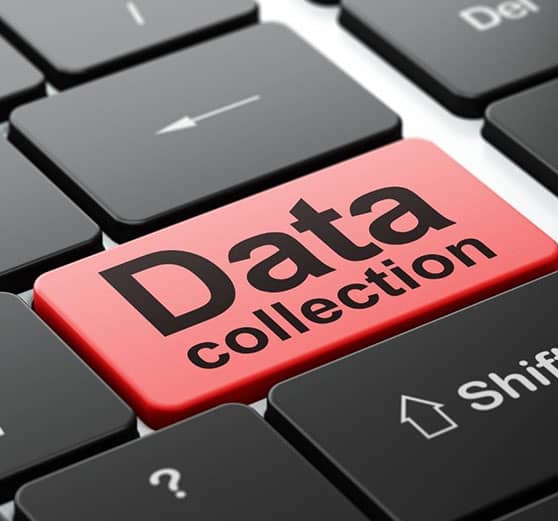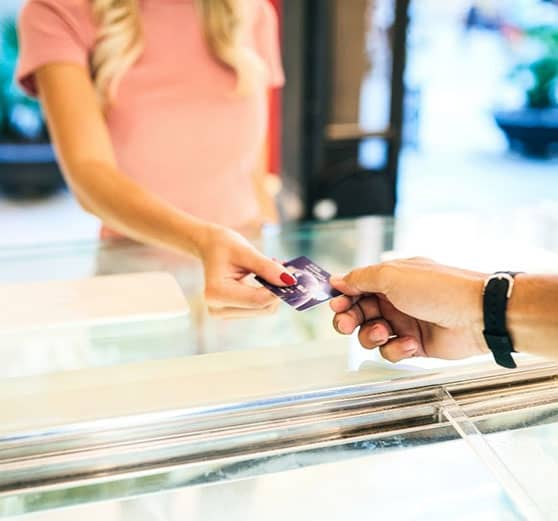With increasing awareness around online privacy and tighter rules for data protection here and overseas, the sun is setting on New Zealand companies’ ability to use certain cookies to target customers. If you’re one of the thousands of kiwi businesses currently using third-party cookies to attract custom, it’s time to tweak your marketing recipe because this key ingredient will soon be a thing of the past.

While perhaps frustrating for those currently using third-party cookies to drive engagement, the truth is, this timely change creates a fresh opportunity for businesses to get closer than ever to their existing and target customers by giving first-party cookies a promotion and future-proofing growth with a loyalty programme no customer can resist.
Which cookie crumbled – and why?
Let’s start with a quick recap. A third-party cookie is created by domains – other than the website a user is visiting – to follow them around the internet and track their online browsing journey to help advertisers deliver targeted ads. They are the reason you’ve seen social media ads pop up on the exact product or topic you may have just Googled. While third-party cookies can create a personalised display ad experience, there’s an increasing sense they’re a bit creepy and breach individuals’ privacy rights. For this reason, Google will be phasing them out from 2023 and we can expect other search engines others to follow suit.

Unlike their third-party counterparts, first-party cookies are created by and stored exclusively on the website a customer, or potential customer, visits to enhance their experience and better understand their behaviours. First-party data is collected from a mix of customer interactions including surveys, subscriptions, competitions, CRM and social media profiles, customer feedback and loyalty programmes – and they won’t follow a user around the web.
Why a first-party data strategy is a tastier option for advertisers
Using a first-party, or ‘owned’, data strategy, your company can deep dive into how customers interact with your business and create, personalised content and loyalty incentives based on real interactions and purchases, significantly increasing the relevance – and therefore value – of your offer.
Not only do tailored promotions and marketing resonate best with customers, they build trust by demonstrating relevance based on a deep understanding of customer needs.

Why your loyalty programme is your star ingredient
If the COVID pandemic has taught us anything, it’s the critical importance of customer and supplier partnerships and relationships in driving resilience and agility. The company with the most direct connections to its customers is king. The imminent extinction of third-party cookies will only add to this reality, making relationships and loyalty programmes essential for companies wanting to future-proof growth.

By treating customers as individuals instead of segmenting them into traditional marketing ‘buckets’, companies can scale engagement. For this reason, those businesses already using loyalty programmes will find themselves at a distinct advantage early on but, if you don’t already have one in place, all is not lost. You still have some time to revise your engagement strategy and consider how you can use a loyalty programme to strengthen and reward customer relationships and create a first-party data goldmine to help your company develop and maintain sustainable growth.
How your loyalty programme can level up first-party data
Using data collected from customers signed up to your loyalty programme gives you access to rich insights into your target audience. That’s because this data is:

Relevant and reliable
Thanks to the fact it comes from engaged customers who make multiple business interactions with your loyalty programme.

Personal

Traceable

Relevant and reliable
Thanks to the fact it comes from engaged customers who make multiple business interactions with your loyalty programme.

Personal

Traceable
Don’t rest on your loyalty laurels
If you don’t yet have a loyalty programme in place, there’s no better time to reward and incentivise loyal customers by adding this important string to your strategic growth bow. We recommend talking to one of our loyalty marketing specialists who can help you navigate the best type of programme for your target market.

Already got an effective loyalty programme in place? Now’s the time to level up. With the increasingly important role of loyalty programmes in driving customer engagement, your competitors will likely be revising their strategies, which means you must too.
Could your loyalty programme do with some changes? Are you covering all your bases? Do you need to diversify your loyalty strategy? Take the time now to look at how you could level up your loyalty programme and get your business closer to customers than ever before.
The extra effort you put into connecting with customers now is bound to pay dividends in future, because we know it’s the customers who feel seen and valued who will deliver you the one form of advertising money can’t buy – the coveted referral.

